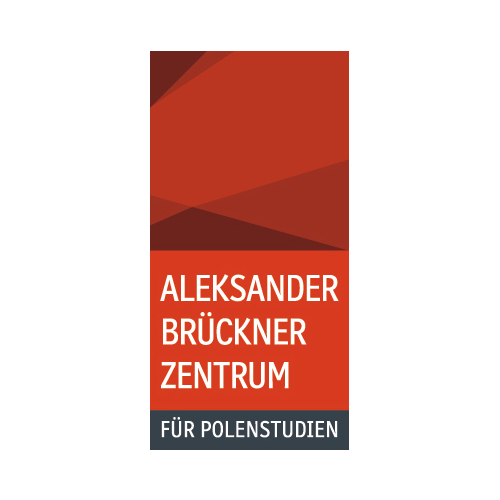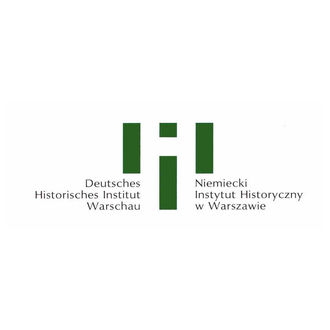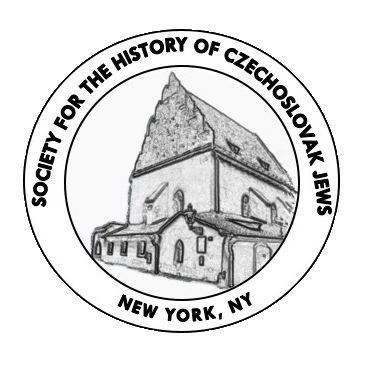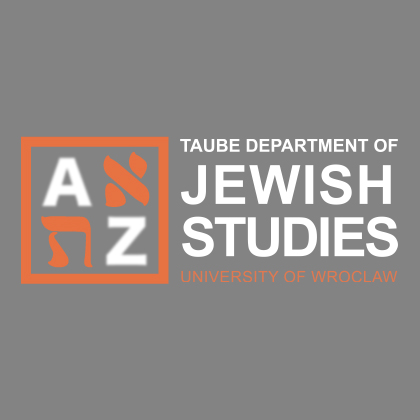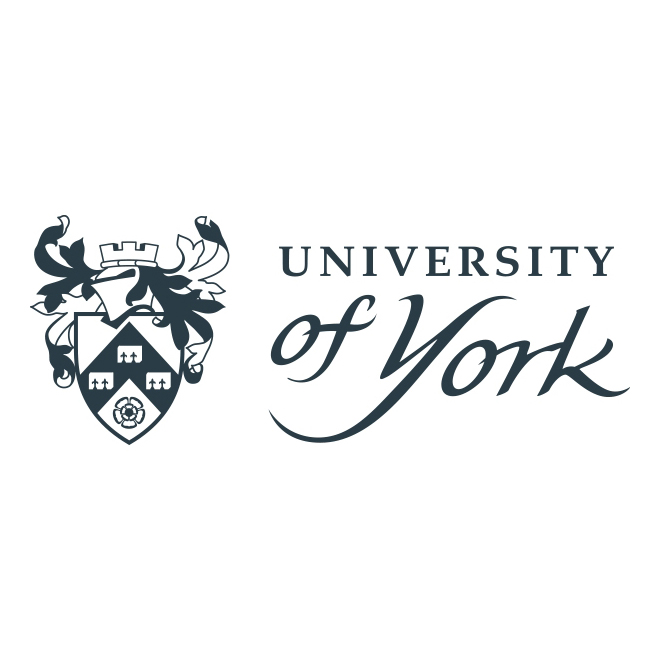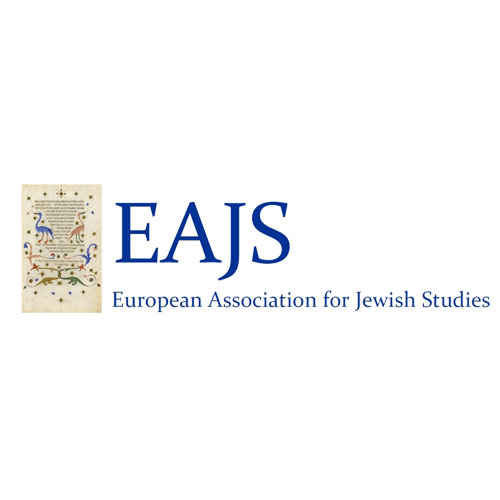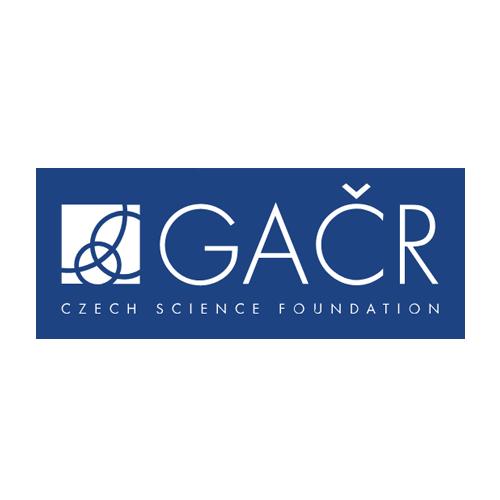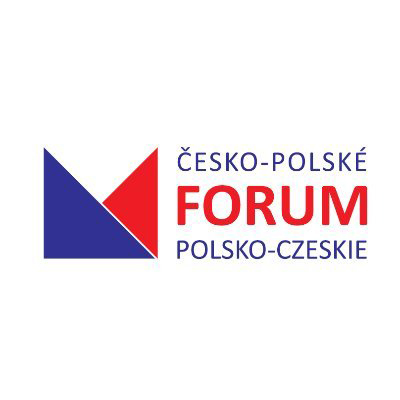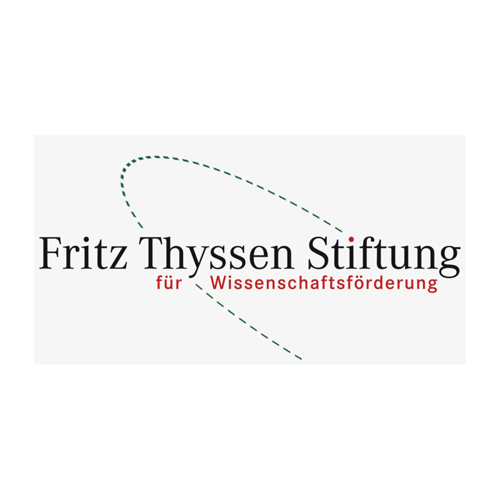Katarzyna Nowak (Central European University)
The fates of Displaced Persons (DPs) in the aftermath of World War II have gained considerable scholarly attention in the recent years. Historians have shed light on refugee cultures in exile, migration patterns, policies and practices governing displacement, as well as resettlement schemes. These studies drew predominantly on the archives of the states, big humanitarian organizations, and diaspora groups. The opening of the part of the Vatican Apostolic Archive (named Vatican Secret Archive until 2019) pertaining to the pontificate of Pius XII (1939-1958) gave an unprecedented opportunity to complement this picture by exploring religious networks of aid and control in managing displacement in the era of gathering Cold War. After the war, the Vatican sought to take part in the political, social, and moral reconstruction of Europe, using humanitarian aid as a tool to combat the growing influence of the Soviet Union. With the emergence of the Eastern bloc, Pope Pius XII got involved in the assistance and resettlement of the displaced victims of war and refugees from Eastern Europe with the aim of strengthening anti-Communist front. In this talk, I will focus in particular on the assistance to DP camps in Germany, Austria, and Italy, and on interactions between refugees and religious leaders.












